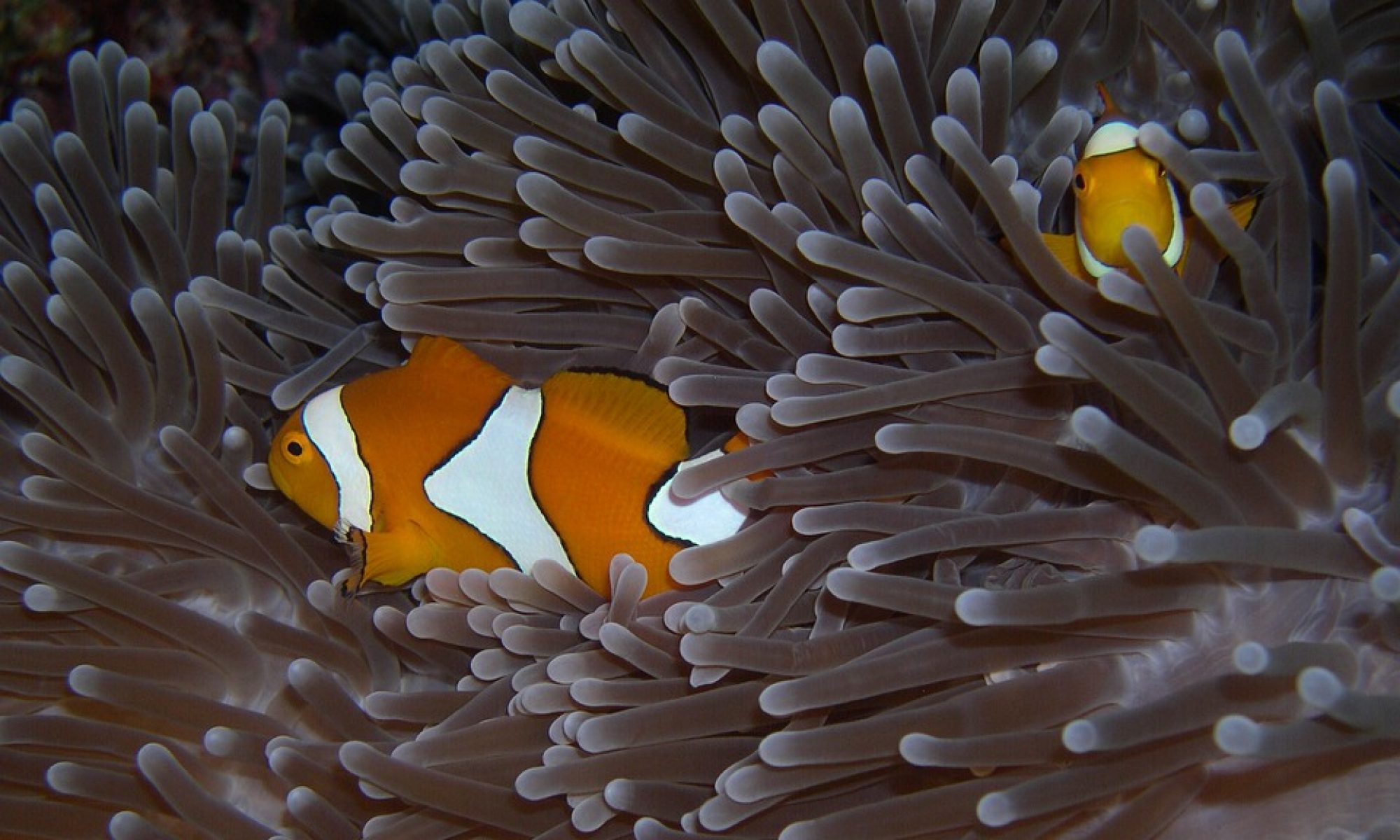Undergraduate Research Caveats
What they may not have told you!
If you hope to go to a professional school related to science or health care, then you have probably been told that it is good to get some research experience. That’s true, but it is only one of many things that would be good to have on your resume, and in many ways it is the hardest thing to do well. Therefore, you should think very carefully before trying to add this line to your resume!
Research is not like taking courses or volunteering at a hospital. Typically, you will need to be your own “boss” with respect to scheduling activities. You may have some periods of set schedule (e.g., show up every Tuesday and Thursday from 8-10 A.M.), but more often you will be assigned a task that requires you to develop a schedule on your own. This kind of time management is a very hard thing to learn to do. Most undergraduates have trouble with this because their life before now has mainly been scheduled by others.
If you are not good at scheduling your own time to devote to your research activities, then it will, in effect, move to the bottom of your “to do” list for the week or for the quarter. Other things will get done, such as taking your exams and volunteering at the hospital once a week, but the research will go by the wayside. If that happens, then you will not end up getting a strong, positive letter of recommendation from your research mentor.
When you first start in a lab the professor will probably assign you simple tasks, often helping the graduate students with their research, which allows you to start learning what sorts of things are done in the lab. The graduate students will probably ask you show up at set times. This is fairly easy to do, but it isn’t really “research.” To do research, you need to become intellectually engaged and self-motivated. YOU need to start thinking about science when eating breakfast or when walking back and forth from school. YOU need to start asking about the research in the lab. YOU need to make sure you read papers that start getting you deep into the field. YOU need to come up with questions that are new. Good research requires a lot of creativity and a dogged determination to know more about a given subject — more than can be found in textbooks.
Research, especially studies that involve living organisms, often requires very irregular or unusual hours. Organisms have particular lifecycles and physiological rhythms, and measurements generally need to be taken at a particular age or time of day. If you want to get seriously involved in research, then be prepared to show up at night, on weekends, over spring break, etc. Your advisor and his graduate students do this, and they will expect you to do the same. If all of your weekends are already filled with volunteering or going home, this will likely become a problem.
Copyright by Theodore Garland, Jr.
Deadlines for Submission: Rolling application
We are currently taking applications for highly motivated students who want to work in the fish lab.
